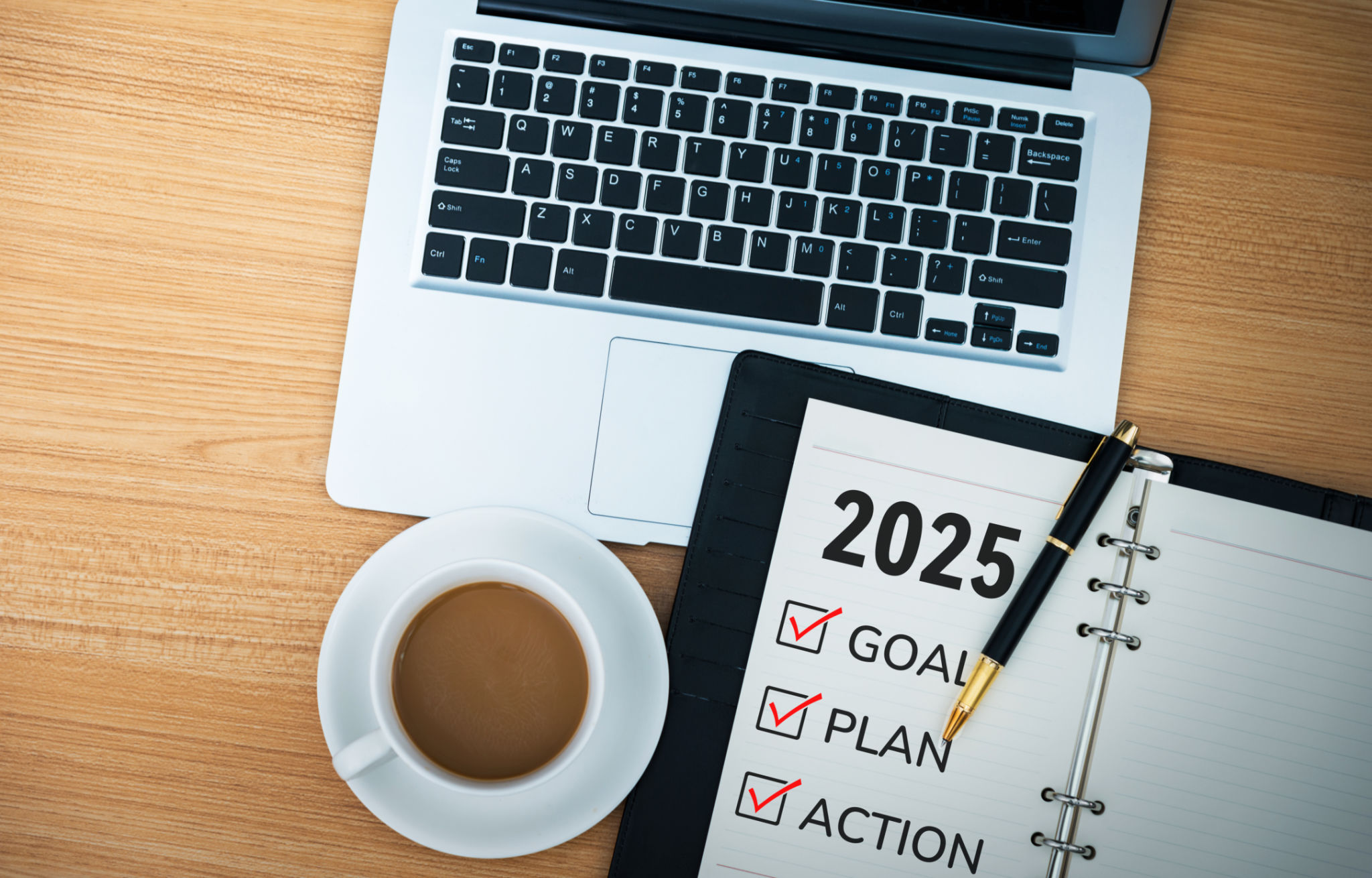Mastering Self-Improvement: A Comprehensive Guide to Personal Growth
Understanding Self-Improvement
Self-improvement is a lifelong journey that involves the conscious pursuit of personal growth and development. It encompasses enhancing your skills, character, and overall quality of life. By focusing on self-improvement, you can unlock your potential and lead a more fulfilling life. This guide will explore the core principles and strategies to master self-improvement.
At its core, self-improvement begins with self-awareness. Understanding your strengths, weaknesses, and areas for growth is crucial. This awareness allows you to set realistic and achievable goals that align with your personal values and aspirations.

Setting Goals
Effective goal-setting is a cornerstone of personal growth. Start by identifying what you truly want to achieve. Consider long-term aspirations as well as short-term objectives. Breaking down these goals into manageable steps can make them less daunting and more attainable.
Utilize the SMART criteria to set goals: Specific, Measurable, Achievable, Relevant, and Time-bound. This framework helps in crafting clear and actionable plans that facilitate progress.

Developing a Growth Mindset
A growth mindset is the belief that abilities can be developed through dedication and hard work. This mindset fosters resilience and a love for learning, essential traits for overcoming challenges. Embrace failures as opportunities to learn and grow rather than seeing them as setbacks.
To cultivate a growth mindset, surround yourself with positive influences and seek out new experiences that challenge your current capabilities. This proactive approach will enhance your adaptability and increase your confidence in facing future challenges.

Building Healthy Habits
Establishing healthy habits is integral to self-improvement. Consistency is key, whether it's exercising regularly, eating a balanced diet, or practicing mindfulness. These habits contribute significantly to both physical and mental well-being.
Start small by incorporating one new habit at a time. Gradually build on these habits to avoid overwhelming yourself. Remember, lasting change takes time, so be patient with your progress.
The Role of Reflection
Reflection is a powerful tool for personal growth. Take time regularly to evaluate your progress and reassess your goals. Reflecting on both successes and challenges can provide valuable insights into what strategies work best for you.
- Schedule regular reflection times.
- Journal your thoughts and experiences.
- Adjust your goals and strategies as needed.

The Importance of Continuous Learning
In an ever-changing world, continuous learning is essential for staying relevant and effective. Whether through formal education, online courses, or self-directed study, expanding your knowledge base can open new opportunities for personal and professional growth.
Nurture a curiosity-driven approach to learning. Explore subjects outside your comfort zone to broaden your perspective and enhance your problem-solving skills.
- Read books on diverse topics.
- Attend workshops and seminars.
- Engage in discussions with experts in different fields.
Mastering self-improvement is an ongoing process that requires dedication, patience, and an open mind. By embracing these strategies, you can pave the way for meaningful personal growth and a richer, more satisfying life.